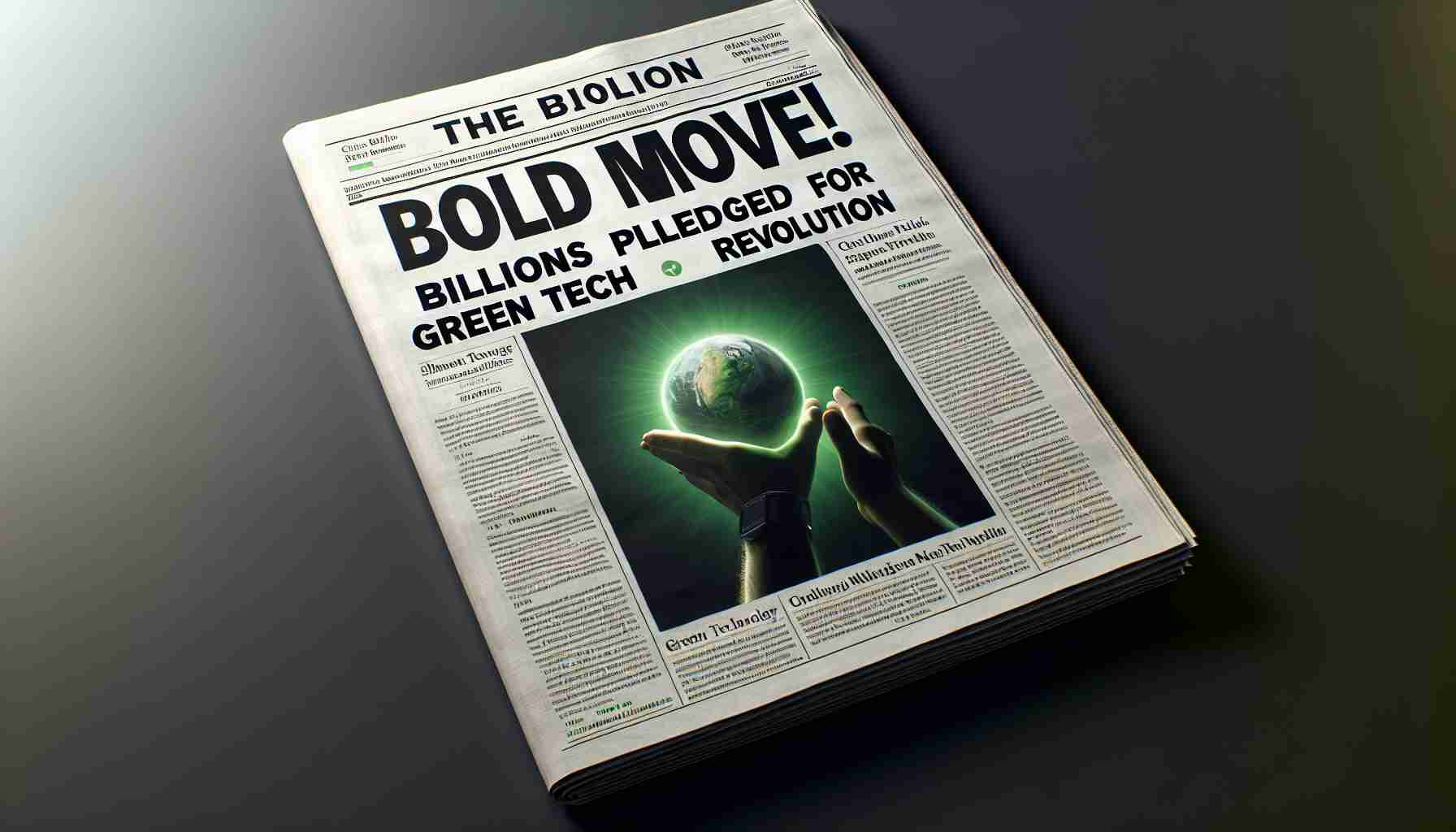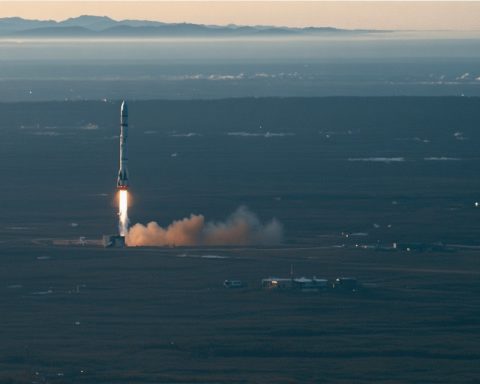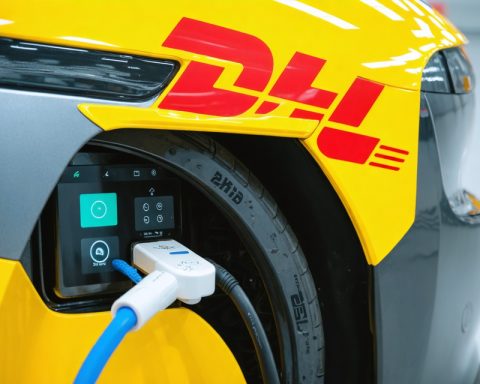The European Commission has unveiled an ambitious plan, earmarking a massive $4.83 billion (4.6 billion euros) to boost net-zero technologies, notably in the electric vehicle (EV) battery sector.
This significant funding initiative marks the beginning of the Commission’s new five-year agenda, launched on December 1. A substantial portion of the investment, approximately $3.6 billion (3.4 billion euros), is set aside for two new rounds of proposals aimed at fast-tracking cutting-edge decarbonization technologies across Europe.
Additionally, the Commission is rolling out a separate $1.26 billion (1.2 billion euros) effort focused on enhancing renewable hydrogen production. This second financial push will be executed through another auction from the European Hydrogen Bank.
For the first time, an impressive $1.05 billion (1 billion euros) has been dedicated exclusively to advancing EV battery cell manufacturing. The focus will be on supporting projects that not only produce innovative battery cells but also implement forward-thinking manufacturing techniques and processes.
Currently, European car manufacturers are navigating challenging waters. With a significant decline in battery electric vehicle registrations down by 44% last August, and an 18% fall in overall new car sales across the EU, urgent action is deemed essential.
The European Automobile Manufacturers’ Association (ACEA) has voiced concern, indicating that the waning market share of battery electric cars is a troubling indicator for both industry leaders and policymakers. They stress that, despite considerable investments, crucial elements for a successful transition remain absent, putting the EU’s competitive edge at risk.
EU’s Bold EV Battery Plan: What You Need to Know
The European Commission’s recent announcement of a sweeping $4.83 billion (4.6 billion euros) strategy highlights a decisive shift in Europe’s ambition to become a leader in net-zero technologies, focusing primarily on the electric vehicle (EV) battery sector. Understanding the implications and potential impacts of this investment on the industry provides valuable insights into Europe’s future energy landscape.
Innovations in EV Battery Manufacturing
The unprecedented $1.05 billion (1 billion euros) exclusively dedicated to EV battery cell manufacturing signals a transformative phase in the sector. This funding will support projects emphasizing innovative battery technologies and advanced manufacturing processes. The initiative aims to overcome existing challenges in the EV market, stimulating new methods that could result in more efficient and sustainable battery production.
Implications for European Car Manufacturers
European car manufacturers currently face a challenging market, with a notable 44% decline in battery electric vehicle registrations as of August 2023. The European Automobile Manufacturers’ Association (ACEA) points out that the waning market share of electric vehicles is a pressing concern, necessitating immediate and effective action to restore the EU’s competitive position globally. This funding initiative is thus critical in revitalizing the industry, potentially reversing declining trends and fostering innovation that bridges existing gaps.
Controversies and Concerns
Despite the funding boost, ACEA has expressed concerns regarding the effectiveness of Europe’s transition to electric vehicles. The association emphasizes that crucial elements, such as infrastructure adaptation and consumer incentives, are still lacking. These missing components threaten to undermine the EU’s extensive financial and strategic investments, particularly with fierce competition from other regions leading in this sector.
Future Trends and Predictions
The commitment to advancing renewable hydrogen, with a parallel $1.26 billion (1.2 billion euros) investment, indicates the European Commission’s recognition of hydrogen’s role in decarbonization. Pursuing an integrated strategy leveraging both EV and hydrogen technologies can potentially drive a significant shift in Europe’s energy industry.
Conclusion
The European Commission’s financial commitment illustrates a robust attempt to bolster net-zero technologies and the EV battery sector’s future. As Europe navigates these investments, the industry will be keenly observing the resulting market dynamics and technological advancements.
For more information on European Union initiatives and automotive industry trends, visit the European Commission and ACEA.







